Introduction
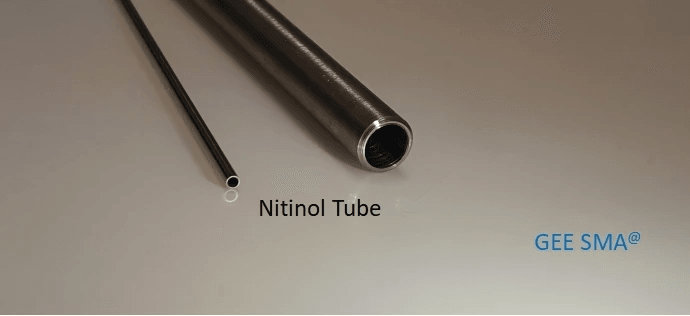
Nickel-titanium alloys, also known as nitinol, are a fascinating class of materials that exhibit unique properties such as shape memory effect and superelasticity. These alloys are composed of approximately equal parts of nickel and titanium, resulting in a versatile material with a wide range of applications across various industries. From medical devices to aerospace engineering, the potential of nickel-titanium alloys continues to expand as researchers discover new ways to harness their remarkable properties.
Understanding Nickel-Titanium Alloys
Nickel-titanium alloys, commonly referred to as nitinol, are a type of shape memory alloy that can remember its original shape and return to it when subjected to certain stimuli such as heat or stress. This remarkable property makes nitinol an ideal material for applications where precise and controlled movement is required.
Nitinol is also known for its superelasticity, which allows it to undergo large deformations and still return to its original shape without permanent damage. This unique property makes nitinol highly desirable for applications in industries such as biomedical devices, aerospace, and robotics where flexibility and durability are crucial. Additionally, nitinol exhibits excellent corrosion resistance, making it suitable for use in harsh environments without compromising its structural integrity.
Exploring the Properties of Nitinol
The unique properties of nickel-titanium alloys make them highly desirable for a wide range of applications. Nitinol exhibits superelasticity, allowing it to undergo significant deformation and recover its original shape without permanent damage. In addition, these alloys possess excellent thermal and electrical conductivity, further expanding their potential uses in various industries.
Furthermore, the shape memory properties of nitinol alloys allow them to return to their original shape after being deformed, making them ideal for applications such as orthodontic wires, stents, and eyeglass frames. This unique ability to "remember" and recover their original shape opens up a wide range of possibilities for innovative product designs in the medical and consumer goods industries.
Applications of Nickel-Titanium Alloys
The versatility of nickel-titanium alloys has led to their widespread use in diverse fields such as medicine, aerospace, automotive engineering, and consumer electronics. From orthodontic wires and stents to actuators and robotics components, the applications of nitinol continue to grow as researchers uncover new ways to leverage its unique properties.
The unique properties of nickel-titanium alloys have also made them indispensable in the field of sports equipment. From high-performance golf clubs to durable bicycle frames, nitinol's ability to withstand high stress and strain while maintaining its shape has made it a popular choice for athletes and sports enthusiasts. As researchers continue to explore its potential, we can expect to see even more innovative applications of nickel-titanium alloys in the world of sports and recreation.
The Versatility of Nickel-Titanium Alloys
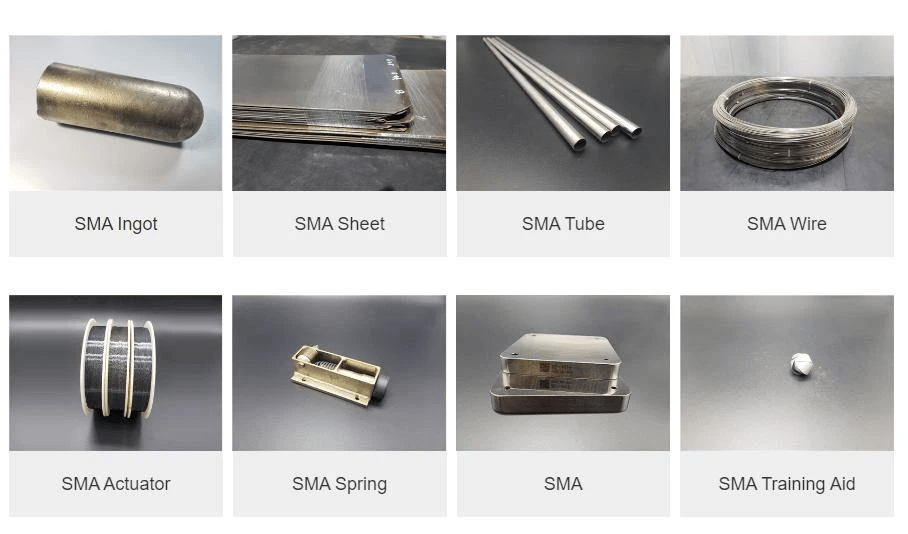
Nickel-titanium alloys, also known as nitinol, are renowned for their remarkable versatility in various applications. One of the most fascinating properties of nitinol is its shape memory effect, which allows it to return to its original shape after being deformed. This unique characteristic makes it ideal for use in medical devices and actuators, where precise shape control is essential.
Shape Memory Effect
The shape memory effect of nickel-titanium alloys is a result of their ability to undergo a reversible phase transformation between austenite and martensite phases. When heated above a certain temperature, nitinol reverts back to its original shape, making it perfect for self-expanding stents and other devices that need to adapt to changing conditions within the body.
Superelasticity
Another remarkable property of nickel-titanium alloys is superelasticity, also known as pseudoelasticity. This unique behavior allows nitinol to undergo large deformations without permanent damage and then recover completely when the load is removed. This makes it an excellent choice for applications such as orthodontic wires and flexible connectors in electronic devices.
Thermal and Electrical Properties
In addition to its shape memory effect and superelasticity, nickel-titanium alloys exhibit excellent thermal and electrical properties. Nitinol has a high resistance to corrosion and can withstand extreme temperatures, making it suitable for use in harsh environments such as aerospace and automotive industries. Its unique combination of properties makes it an attractive material for a wide range of engineering applications.
The Advantages of Using Nitinol
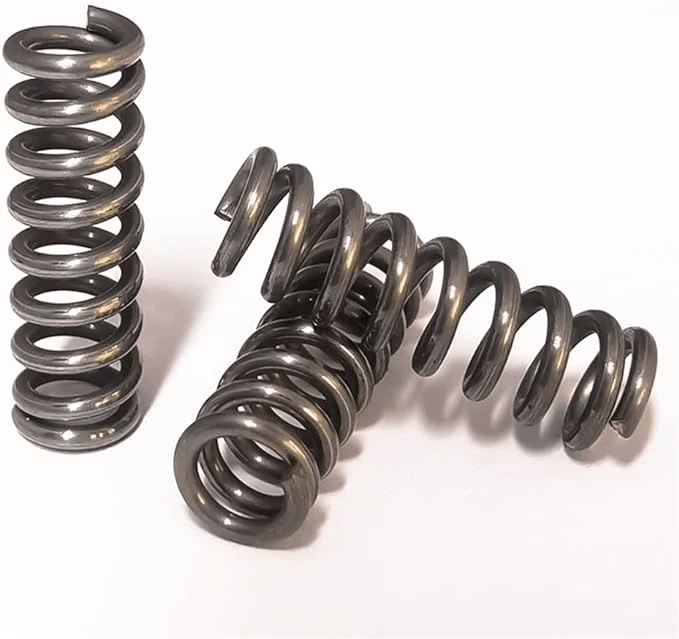
Biocompatibility in Medical Devices
Nickel-titanium alloys, also known as nitinol, are highly sought after in the medical industry due to their exceptional biocompatibility. This means that nitinol is well tolerated by the human body, making it an ideal choice for a wide range of medical devices such as stents, guidewires, and orthodontic implants. Its ability to seamlessly integrate with biological systems makes it a valuable material for various medical applications.
Nitinol's biocompatibility is further enhanced by its impressive corrosion resistance, making it an even more attractive option for medical devices. This resistance to corrosion ensures that nitinol implants and devices maintain their structural integrity and functionality within the human body, reducing the risk of complications or the need for replacement. As a result, medical professionals can have greater confidence in the long-term performance of nitinol-based devices, ultimately benefiting patient outcomes and quality of care.
Corrosion Resistance
One of the key advantages of nickel-titanium alloys is their remarkable resistance to corrosion. This property makes nitinol an excellent choice for use in environments where exposure to moisture and other corrosive elements is a concern. Whether used in medical devices or industrial applications, nitinol's corrosion resistance ensures longevity and reliability in challenging conditions.
Nitinol's high fatigue strength is another standout feature that sets it apart from other materials. This means that nitinol can withstand repeated cycles of stress and strain without experiencing failure, making it an ideal choice for applications where durability is essential. Whether used in medical implants or aerospace components, nitinol's ability to maintain its structural integrity under demanding conditions makes it a top choice for engineers and designers.
High Fatigue Strength
Nitinol exhibits high fatigue strength, allowing it to withstand repeated cycles of stress without experiencing structural failure. This exceptional property makes nickel-titanium alloys a preferred material for applications requiring durability and resilience, such as aerospace components and biomedical implants. Its ability to maintain structural integrity under demanding conditions sets nitinol apart from other materials.
Additionally, nitinol's high fatigue strength also makes it an ideal choice for applications in the automotive industry, where components are subject to constant and varying levels of stress. This unique property allows for the creation of more durable and long-lasting automotive parts, ultimately leading to improved performance and reliability. As a result, nickel-titanium alloys are increasingly being utilized in the manufacturing of critical automotive components such as engine valves, actuators, and exhaust systems.
Economic Benefits of Nitinol

Nickel-titanium alloys, commonly known as nitinol, offer significant economic benefits due to their long-term cost savings, competitive pricing, and durable, low-maintenance properties. The initial investment in nitinol may be higher than other materials, but its longevity and reliability make it a cost-effective choice in the long run. With competitive pricing compared to alternative alloys, nitinol provides excellent value for various applications. Additionally, its durability and low-maintenance nature reduce the need for frequent replacements or repairs, further contributing to cost savings over time.
Long-Term Cost Savings
Nitinol's unique properties contribute to long-term cost savings for industries and applications that rely on its performance. The exceptional durability and resilience of nickel-titanium alloys minimize the need for frequent replacements or repairs, reducing maintenance costs and downtime. This longevity makes nitinol an economically viable choice for medical devices, automotive components, and other critical applications where reliability is paramount.
Additionally, nitinol's unique shape memory and superelasticity properties allow for complex designs that can withstand extreme conditions without compromising performance. This means that industries can rely on nitinol components to maintain their integrity over time, reducing the need for costly replacements due to wear and tear. With competitive pricing compared to alternative materials, nitinol offers a cost-effective solution for long-term use in demanding applications.
Competitive Pricing
Despite its superior properties, nickel titanium alloys are competitively priced compared to other high-performance materials. This makes nitinol an attractive option for manufacturers seeking cost-effective solutions without compromising on quality or performance. The competitive pricing of nitinol allows businesses to leverage its unique benefits without exceeding their budgetary constraints.
In addition to being competitively priced, nickel titanium alloys are also highly durable and low-maintenance. This means that manufacturers can rely on nitinol to withstand wear and tear over time, reducing the need for frequent replacements or repairs. The low-maintenance nature of nitinol further contributes to its cost-effectiveness, as businesses can save on maintenance and upkeep expenses in the long run. This combination of competitive pricing and durability makes nitinol a smart investment for companies looking to optimize their budget without sacrificing quality.
Durable and Low-Maintenance
Nitinol's inherent durability and low-maintenance characteristics contribute to its economic advantages by minimizing the ongoing costs associated with upkeep and replacements. The alloy's resistance to corrosion and fatigue ensures that it can withstand demanding conditions without deteriorating rapidly, ultimately reducing the total cost of ownership over its lifespan.
Nitinol's durability and low-maintenance characteristics make it an ideal choice for a wide range of applications, from medical devices to aerospace components. Its ability to resist corrosion and fatigue means that it can be used in harsh environments without the need for frequent repairs or replacements. This not only saves money in the long run but also ensures that critical equipment remains operational when it is needed most.
Common Uses of Nickel-Titanium Alloys
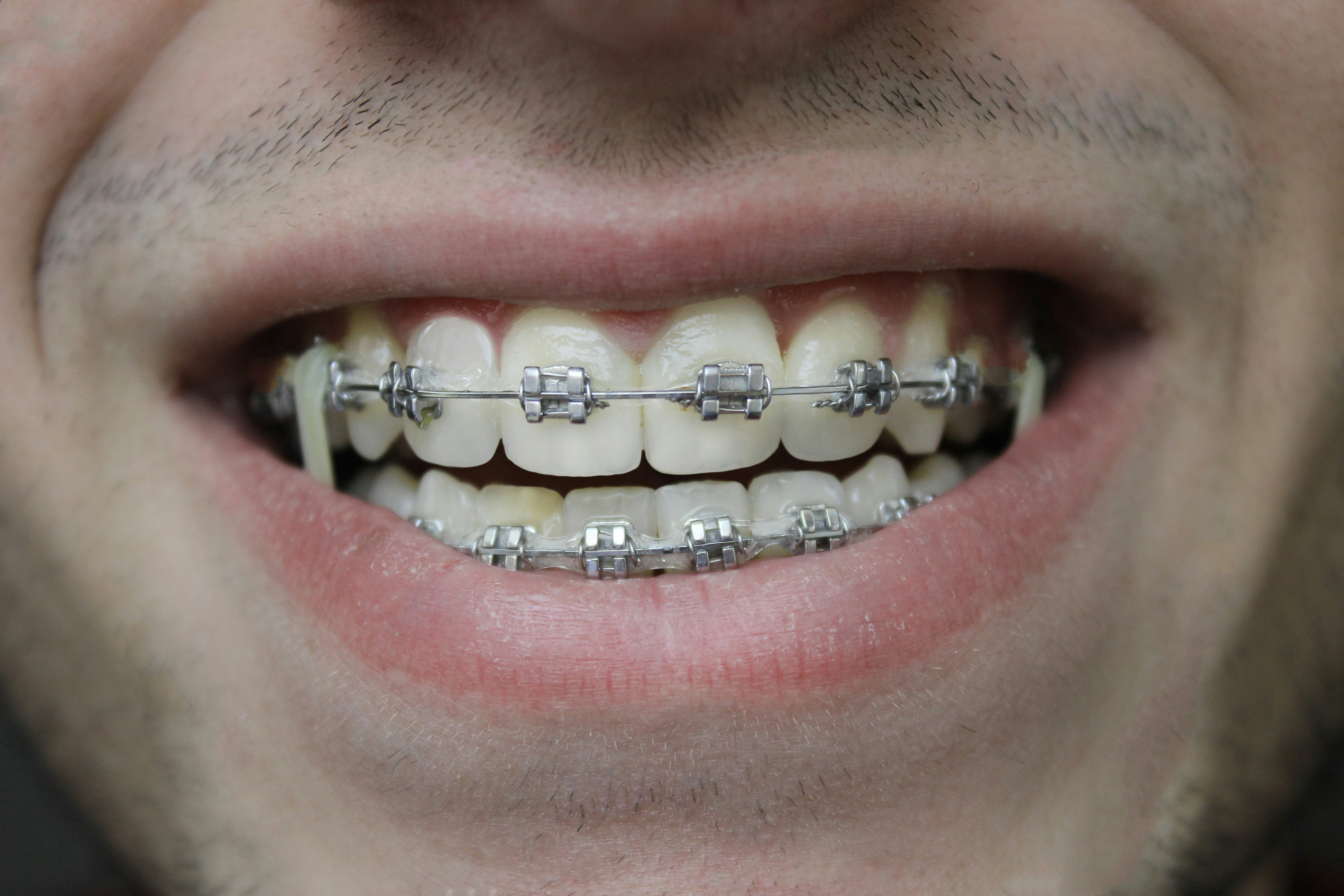
Orthodontic Wires
One of the most common applications of nickel-titanium alloys is in orthodontic wires. These wires are used to straighten and align teeth, thanks to the unique properties of nitinol that allow it to exert continuous light forces over time, resulting in more effective and comfortable tooth movement.
Stents and Stent Grafts
Nickel-titanium alloys, specifically nitinol, are widely used in the production of stents and stent grafts for medical purposes. The superelasticity and shape memory effect of nitinol make it an ideal material for these devices, as they can be easily inserted into blood vessels and then expand to provide support or reinforcement.
Endovascular Devices
In the field of endovascular surgery, nickel-titanium alloys play a crucial role in the development of various devices such as guidewires, catheters, and embolic protection systems. Nitinol's unique combination of flexibility and strength makes it an essential material for creating these intricate tools that are used in minimally invasive procedures.
Addressing the Myths and Misconceptions
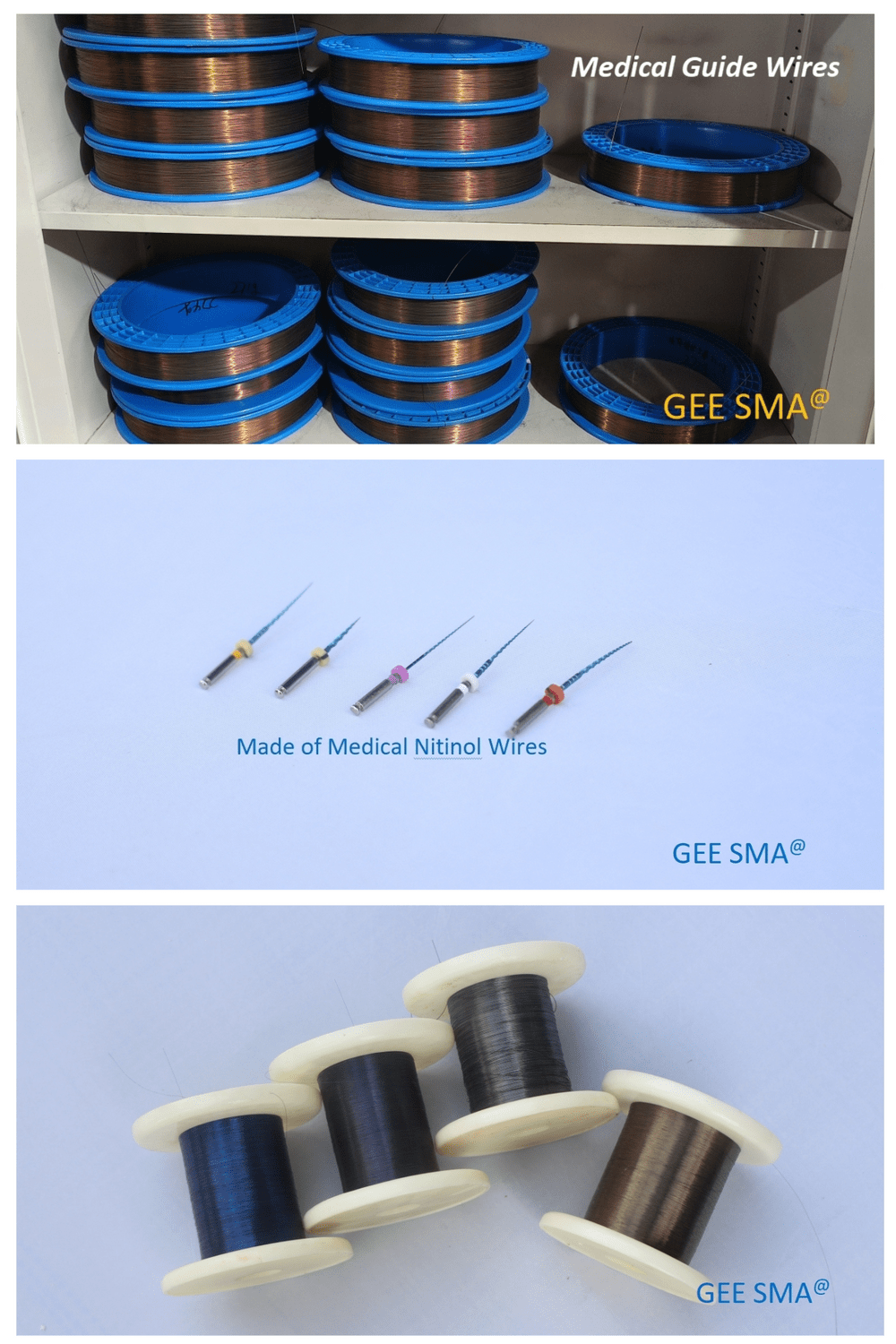
When it comes to nickel-titanium alloys, one common misconception is that they are expensive. However, the initial cost of nitinol may be higher than other materials, but its long-term benefits and durability make it a cost-effective choice in the long run. The unique properties of nickel-titanium alloys justify their price, especially in applications where their specific characteristics are essential.
Is Nitinol Expensive?
Despite the initial investment, the advantages of nickel-titanium alloys outweigh their cost. The superior properties of nitinol, such as shape memory effect and superelasticity, make it a valuable material in various industries, including medical devices and aerospace technology. While the price may be a concern for some, the long-term benefits of using nitinol make it a worthwhile investment.
Disadvantages and Limitations
One potential disadvantage of nickel-titanium alloys is their sensitivity to high temperatures during processing. This can lead to challenges in manufacturing components with complex shapes or intricate designs. Additionally, the unique properties of nitinol may require specialized expertise to work with effectively, which can be a limitation for some applications.
Overcoming Challenges with Nitinol
To address these limitations, ongoing research and development efforts are focused on optimizing manufacturing processes for nickel-titanium alloys. Innovative techniques are being developed to enhance the performance and versatility of nitinol while minimizing its limitations. As technology continues to advance, these challenges are gradually being overcome to unlock the full potential of nickel-titanium alloys.
Conclusion
Nickel-titanium alloys, also known as nitinol, are truly remarkable materials with a wide range of applications and benefits. From its shape memory effect to its biocompatibility in medical devices, nitinol offers endless possibilities for innovation and advancement in various industries. Despite misconceptions about its cost and limitations, the economic advantages and versatile properties of nickel-titanium alloys make them a valuable investment for the future.
Unlocking the Potential of Nitinol
Nitinol's unique properties and versatility have unlocked new opportunities for engineers, researchers, and manufacturers to create groundbreaking products that were once thought impossible. Its ability to remember its original shape after deformation has revolutionized fields such as medicine, aerospace, and automotive engineering.
Exploring Nitinol's Endless Possibilities
The potential applications of nickel-titanium alloys are virtually limitless. From minimally invasive medical devices to advanced robotics and consumer electronics, nitinol continues to inspire innovation and creativity in product design and development. Its superelasticity and durability make it an ideal choice for challenging environments where traditional materials fall short.
Embracing the Future with Nickel-Titanium Alloys
As industries continue to embrace the benefits of nickel-titanium alloys, we can expect to see even more groundbreaking advancements that push the boundaries of what is possible. With ongoing research and development efforts focused on enhancing its properties and reducing production costs, nitinol is poised to play an even more significant role in shaping the future of technology and engineering.

